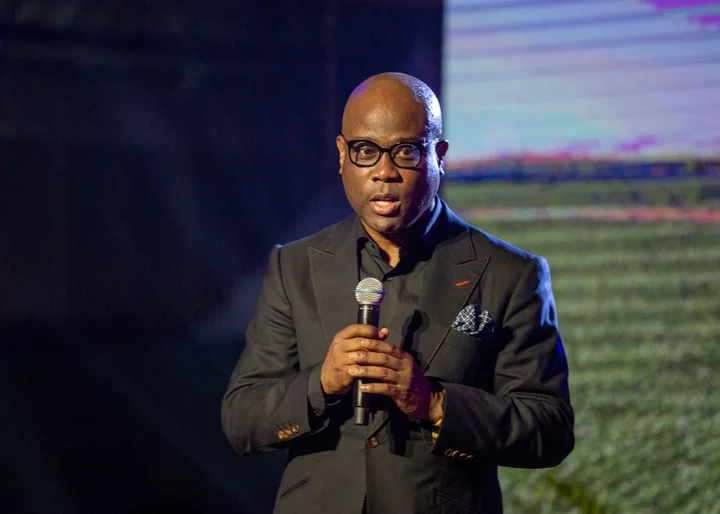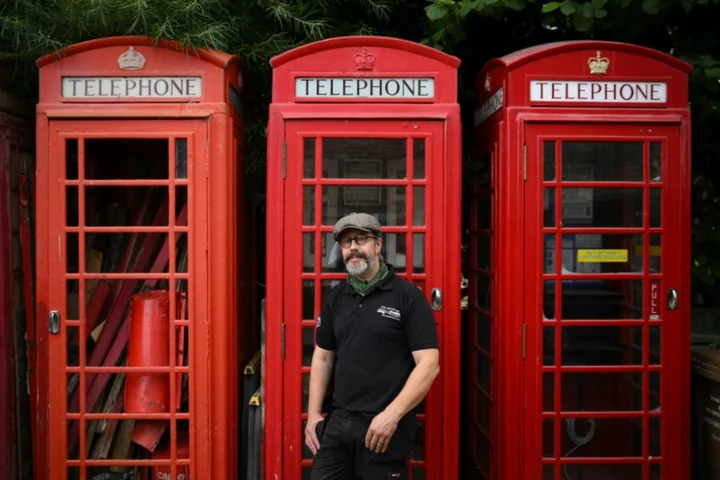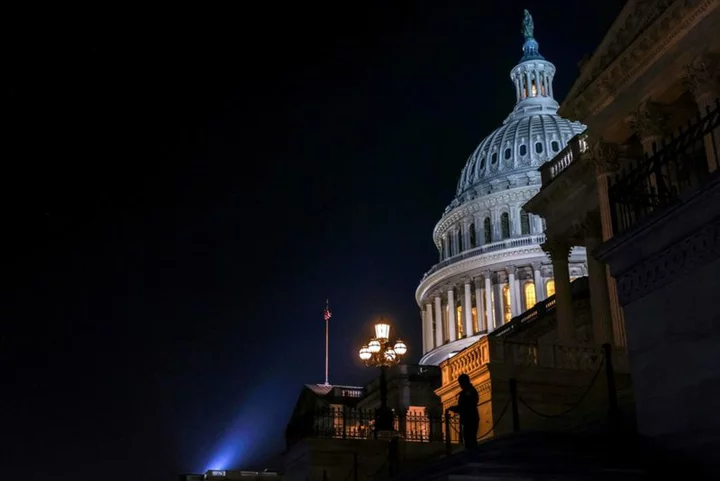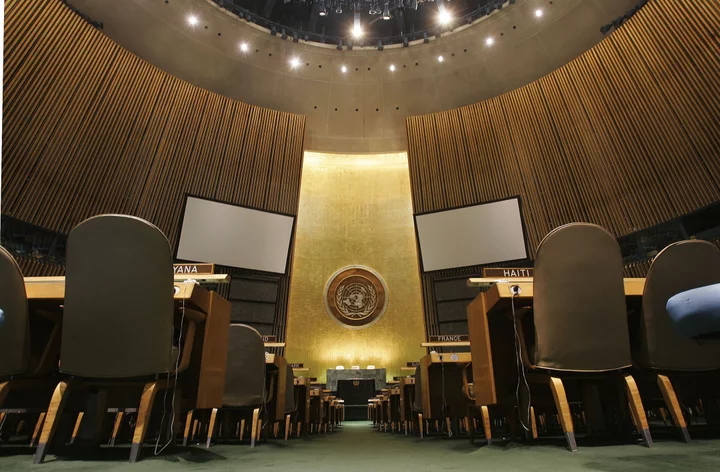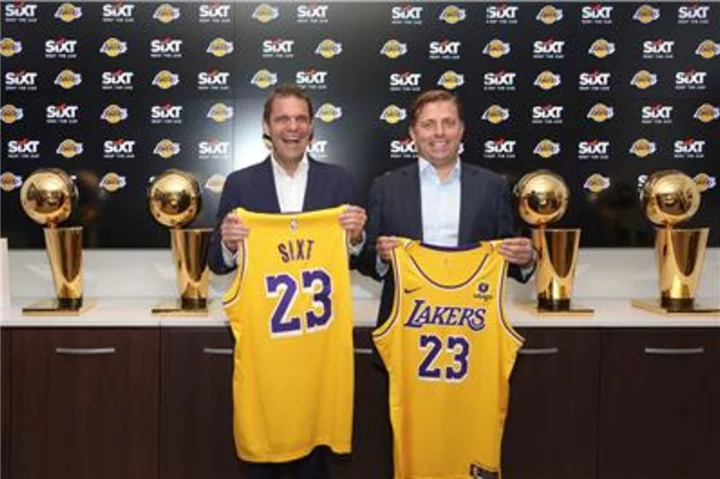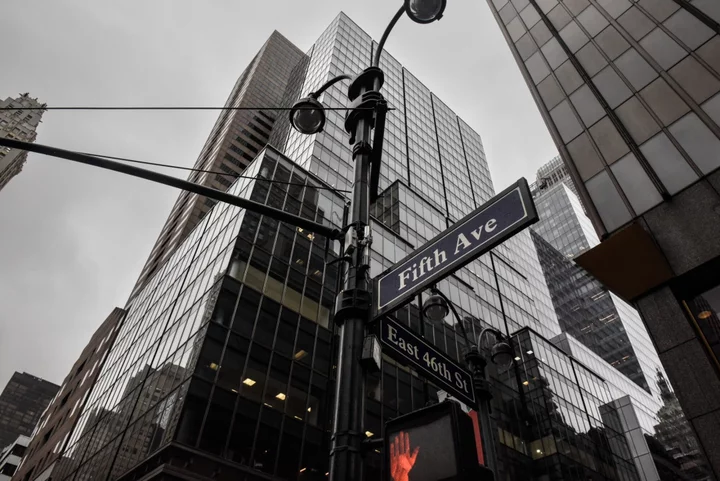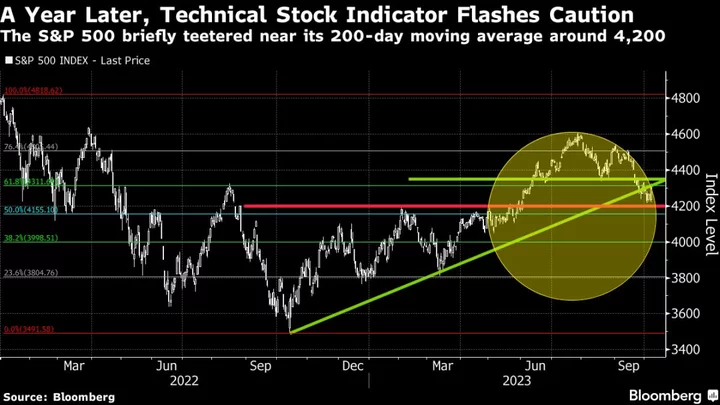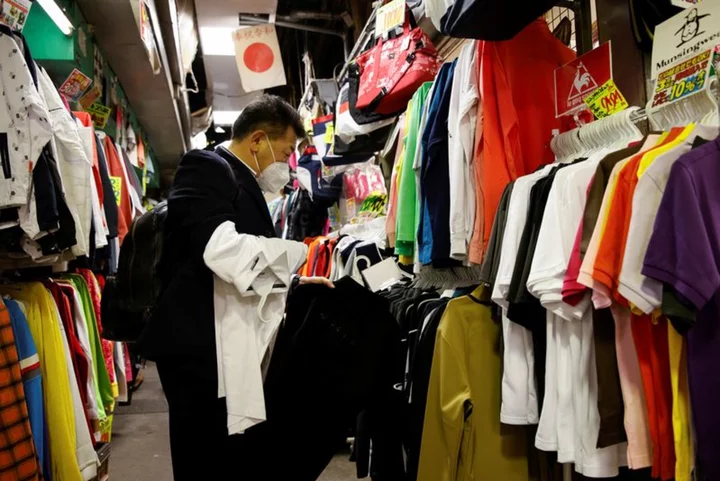Herbert Wigwe, co-founder of Nigeria’s biggest bank by assets, is investing in a new $500 million university to help build skills needed for the finance and technology industries in Africa’s most-populous nation.
Wigwe University will begin admitting students for undergraduate courses next year, Wigwe, chief executive officer for Access Holdings Plc, said in an interview in Lagos. The scholars will be able to chose management, science and engineering, information technology and creative arts courses. The institution will need as much as $500 million to scale up in five years, he said.
“The school will be hybrid,” Wigwe, 57, said. Technology can help the university achieve the same quality of education as US and UK university and “I don’t need 100 years or billions of dollars to achieve the same quality of education as we find in those schools. India is churning out a lot of developers through a single building.”
The nation is facing a staggering skills crisis. One in every five of the world’s out-of-school children is in Nigeria, according to the United Nations Children’s Fund, while just 11.8% of the nation’s working-age population earn a wage. The West African nation last year spent about 96% of its revenue servicing debt, leaving little for education.
The lack of funding is attracting investors to the sector. As many as 147 private universities have been established since 1999, compared with 115 state-run institutions.
Yet, wealthy Nigerians send their children overseas for higher education. At least 44,195 residents were studying in UK universities in 2022, the highest in eight years, according to the UK’s Higher Education Statistics Agency. Only China and India had more students studying in the UK. Canada and the US are also popular destinations for Nigerian students.
Wigwe is planning to recruit 30% of teaching staff from the UK and the US.
Tuition fees will be about $12,500 plus 3.5 million naira ($4,171) a year in a nation which is home to the world’s largest number of people living in extreme poverty. Public universities charge about $500.
The banker will teach and mentor students and also engage some of the country’s biggest entrepreneurs including billionaire Aliko Dangote, Africa’s richest man, Wigwe said.
The university expects to enroll 1,400 students next year, which may rise to 10,000 in five years.
“To get the next set of leaders in banking, you need to create the right education for them,” Wigwe said from his office in the 14-story Access Bank headquarters overlooking a part of the Lagos lagoon. “When you look at the real contribution of education, it’s beyond that money. It changes people, it changes countries.”
Author: Emele Onu and Anthony Osae-Brown

